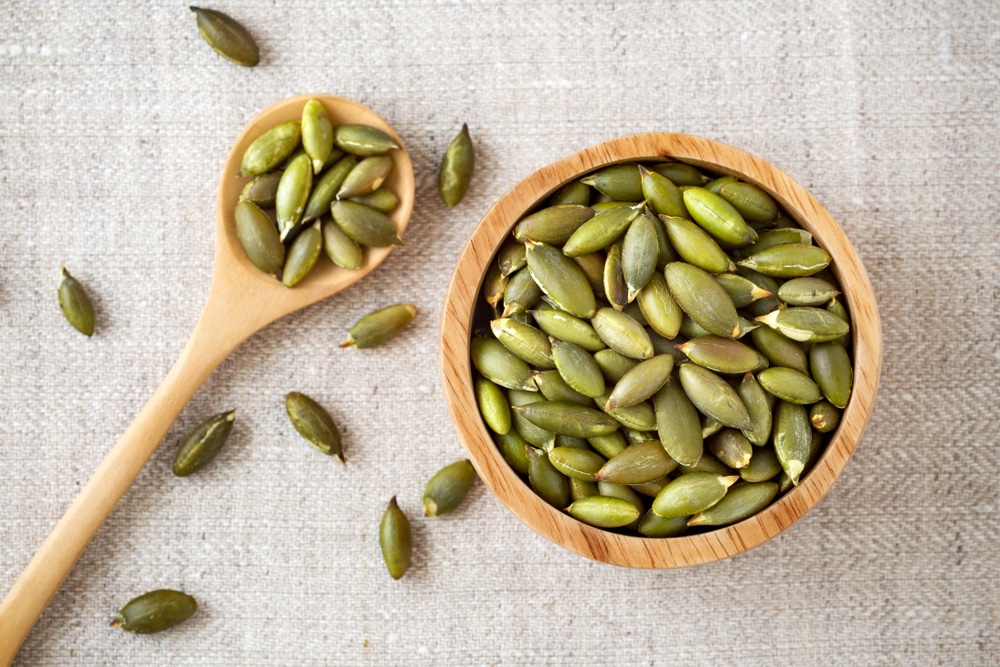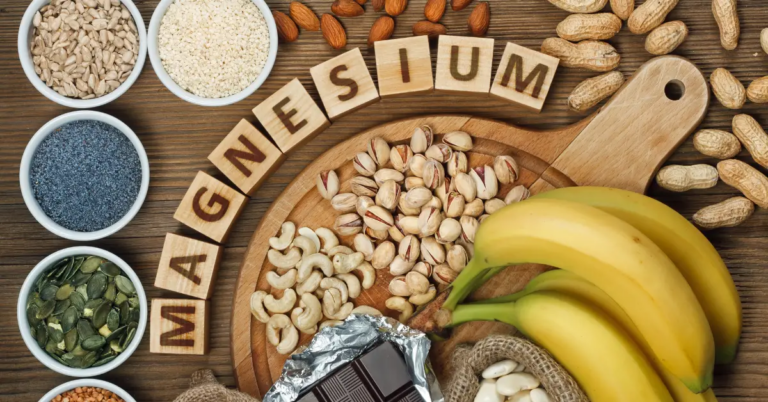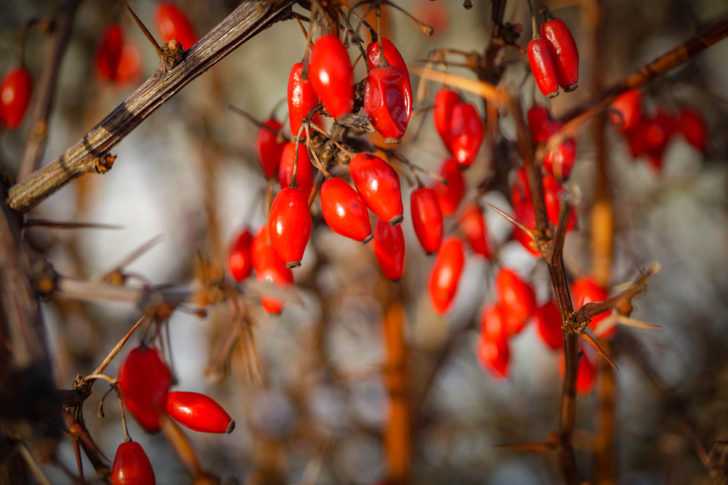Welcome to a realm where the boundaries of hair growth are being redefined, and the humble pumpkin seed emerges as an unlikely hero. For countless individuals, the gradual thinning of hair is not just a cosmetic concern but a saga marked by the search for answers and solutions. Traditionally, the journey of those experiencing hair loss, particularly androgenic alopecia, has been navigated under the shadow of genetic determinism, suggesting a path with few turns and little hope for change. However, the latest advancements in the science of epigenetics, coupled with the nutritional power of ingredients like pumpkin seed, are illuminating a different route—one that suggests our lifestyle, environment, and nutrition might just hold the keys to unlocking a fuller, healthier head of hair.
Androgenic alopecia, a condition affecting millions across the globe, has long been resigned to a narrative of inevitability. But what if this narrative is only a part of the story? What if you could influence your hair’s destiny, transforming the way we approach hair health and growth?
Join us as we embark on an enlightening journey through the realms of science, wellness, and nutrition. Discover how a blend of knowledge, from the power of pumpkin seed oil to the holistic approach to hair care, can pave the way to not just preserving but enhancing your hair’s vitality. Say farewell to the myths that have held your hair’s potential captive and welcome a new chapter of growth and renewal.
Understanding Androgenic Alopecia: A New Perspective
Androgenic alopecia, more commonly known as pattern hair loss, marks its presence not just on the scalp but deep within the realm of self-esteem and identity for millions worldwide. This condition, often perceived as a relentless genetic curse, has long been thought to leave its bearers with little hope for reversal. Yet, the advent of epigenetics offers a groundbreaking shift in perspective, suggesting the potential for change and empowerment over our genetic predispositions.
The essence of this shift lies in understanding that while our genes may predispose us to certain conditions like androgenic alopecia, the expression of these genes is not set in stone. Lifestyle choices, environmental influences, and nutritional habits can play pivotal roles in how our genes manifest, offering a beacon of hope for those seeking to combat hair thinning. This holistic approach challenges the once immutable verdict of genetics, opening up avenues for intervention through changes in daily habits and conscious choices.
As we navigate through the complexities of hair health, this newfound knowledge serves as a reminder that our journey with androgenic alopecia is not predetermined. Through informed decisions and a proactive stance on health and well-being, there is potential to influence the course of hair growth and health, turning the tide on this common yet deeply personal challenge.
The Power of Epigenetics: Charting a New Course for Hair Growth
Epigenetics, a term that might seem daunting at first glance, is essentially the science of how our environment and lifestyle choices can directly influence the expression of our genes. This groundbreaking field has unveiled a transformative concept: we are not merely passive carriers of our genetic makeup; rather, we have the capability to influence how these genes are expressed, including those related to hair growth and health. This revelation opens up a world of possibilities for addressing androgenic alopecia beyond the conventional routes.
At the core of epigenetics is the understanding that our daily actions—what we eat, how much we move, the stress we endure, and even the air we breathe—can affect our genetic predispositions. This means that the condition of our hair is not solely dictated by our genetic inheritance but can be significantly influenced by our lifestyle choices. For those grappling with hair loss, this insight provides a powerful tool; by adjusting certain aspects of our lives, we can potentially “switch on” the genes that promote hair health and “switch off” those contributing to hair loss.
The implications of epigenetics for managing androgenic alopecia are profound. It suggests that by adopting a holistic approach to our health—paying attention to nutrition, stress management, physical activity, and environmental exposures—we can create a conducive environment for hair preservation and growth. This approach not only challenges the fatalistic view of genetic hair loss but also empowers individuals to take active steps towards nurturing their hair health. Through the lens of epigenetics, the journey toward mitigating hair loss is transformed from a path of resignation to one of proactive engagement and hope.
The Role of Pumpkin Seed Oil: A Natural Ally in Hair Regrowth
Amidst the plethora of natural remedies touted for hair growth, pumpkin seed oil emerges as a notable contender, backed by scientific inquiry. This unassuming superfood, often overlooked in the dietary landscape, is rich in nutrients that play a critical role in hair health. A landmark study in 2014 spotlighted pumpkin seed oil, revealing its potential to significantly increase hair growth in men suffering from androgenic alopecia, with a notable 30% increase in hair count compared to a placebo. Pumpkin seed oil’s magic lies in its composition, particularly the presence of phytosterols, compounds believed to block enzymes and hormones in the scalp that contribute to hair loss. Additionally, its rich content of zinc, magnesium, and fatty acids provides a nourishing blend that supports hair follicle health and encourages hair growth. 1
This makes pumpkin seed oil not just a supplement for your diet but a potential game-changer in the holistic approach to combating hair loss. Incorporating pumpkin seed oil into your daily regimen can be as simple as including it in your meals as a dressing or taking it in capsule form. For those exploring natural avenues to enhance hair vitality, pumpkin seed oil offers a promising path. Its benefits extend beyond just hair growth; it embodies the holistic essence of nutrition’s impact on our body’s health and well-being, including that of our hair. This natural remedy’s burgeoning recognition underscores the importance of diet and natural supplements in our overall hair care strategy, marking pumpkin seed oil as a valuable ally in the journey towards healthier, fuller hair.
Hydration and Scalp Care: Foundations of Hair Vitality
Hydration and proper scalp care play pivotal roles in maintaining hair health, often overlooked in the broader discussion about hair growth. Ensuring adequate water intake is fundamental; hydration affects every cell in our body, including those responsible for hair growth and scalp health. A well-hydrated body can improve the strength, elasticity, and overall health of your hair, preventing brittleness and breakage. Scalp care is equally critical. The scalp is the foundation upon which healthy hair grows; it requires regular cleansing, exfoliation, and nourishment to maintain its health. A clean scalp free from buildup can better absorb nutrients and breathe, promoting healthier hair growth.2
Techniques such as gentle scalp massages not only enhance blood circulation but also encourage the distribution of natural oils, contributing to hair strength and vitality. Moreover, selecting the right hair care products is essential. Sulfate-free shampoos and conditioners that are gentle on the scalp can prevent irritation and dryness, preserving the scalp’s natural balance. Products enriched with natural ingredients like tea tree oil or peppermint can invigorate the scalp, supporting healthy hair growth. Integrating these practices into your daily routine can significantly impact your hair’s health, making hydration and scalp care indispensable elements of a holistic approach to combating hair loss.

Regular Exercise: Boosting Circulation and Hair Health
Regular physical activity stands as a cornerstone in the foundation of not just overall health, but specifically in promoting healthy hair growth. Exercise increases blood flow throughout the body, including to the scalp, ensuring that hair follicles receive the oxygen and nutrients they need to thrive. Here’s how integrating regular exercise into your routine can benefit hair health:
- Enhanced Circulation: Cardiovascular exercises, such as running, cycling, or swimming, improve blood circulation, which can lead to a healthier scalp and promote hair growth.
- Stress Reduction: Physical activity is a proven stress reliever. By lowering stress levels, exercise can help mitigate stress-related hair loss conditions like telogen effluvium.
- Hormonal Balance: Regular exercise helps balance hormones, which can positively impact conditions like androgenic alopecia, where hormonal imbalance plays a key role.
Incorporating a mix of aerobic and strength training exercises into your weekly routine can yield the best results for your hair and overall health. Remember, the goal is consistent, moderate activity; there’s no need to engage in excessive workouts, which can actually elevate stress levels and counteract the benefits for hair growth. By maintaining an active lifestyle, you’re not just nurturing your body and mind but also creating an optimal environment for healthy hair development.

The Importance of a Nutrient-Rich Diet for Hair Growth
The saying “you are what you eat” holds particularly true when it comes to hair health. A nutrient-rich diet plays a crucial role in supporting the growth and strength of your hair from within. Here are key dietary considerations to enhance hair vitality:
- Protein: Hair is primarily made of keratin, a type of protein. Including adequate protein in your diet from sources like fish, chicken, beans, and legumes can help support hair structure and growth.
- Vitamins and Minerals: Specific vitamins and minerals have been linked to hair health. For example:
- Vitamin E is known for its antioxidant properties that can help protect hair follicles from damage.
- B Vitamins, particularly biotin (Vitamin B7), are essential for hair growth. Whole grains, avocados, and nuts are excellent sources.
- Iron helps red blood cells carry oxygen to your cells, including those that stimulate hair growth. Include iron-rich foods like spinach, lentils, and red meat in your diet.
- Zinc plays a role in hair tissue growth and repair. Foods rich in zinc include pumpkin seeds, lentils, and beef.
- Omega-3 Fatty Acids: These healthy fats are found in fish like salmon, chia seeds, and flaxseeds. Omega-3s can enhance hair density and decrease hair loss by reducing inflammation that can contribute to hair cycle disruption.
Incorporating a variety of these nutrients into your daily diet can significantly impact the health and appearance of your hair. While it’s tempting to look for a magic bullet in the form of supplements, achieving a balanced diet is the most holistic and effective strategy for maintaining optimal hair health.
My Personal RX on Nurturing Hair Health
As a doctor dedicated to the fusion of conventional wisdom and holistic health practices, I’ve seen firsthand the profound impact lifestyle choices can have on our overall well-being, particularly in areas as personal and visible as hair health. The journey to maintaining and enhancing hair vitality is multifaceted, involving not just external care but also internal nutrition and emotional balance. Here are my top recommendations for nurturing your hair from the inside out, including some carefully selected resources and supplements that can complement your hair health strategy:
- Incorporate a Protein-Rich Diet: Hair is made of protein, so ensuring you have enough protein in your diet is critical for hair strength and growth.
- Stay Hydrated: Keeping your body well-hydrated supports vibrant hair by maintaining moisture balance in the hair shaft.
- Manage Stress Through Mindfulness: Regular meditation and mindfulness can significantly reduce stress levels, which in turn, can reduce hair shedding.
- Embrace Regular Exercise: Exercise increases blood flow to the scalp, nourishing your hair follicles with oxygen and nutrients.
- Consult Protocol e-book: This comprehensive guide to holistic health offers invaluable insights into living a balanced life, with tips that extend to nurturing your hair.
- Utilize Men’s Core Essentials Supplements: Specifically curated to support men’s nutrient needs, these supplements can fill any gaps in your diet, providing a solid foundation for hair health.
- Get Adequate Sleep: Quality sleep is a cornerstone of health and has a direct impact on the condition of your hair.
- Limit Heat Styling: Excessive heat can damage hair proteins and moisture balance, leading to weaker strands.
- Consider Gentle Hair Care Products: Sulfate-free shampoos and conditioners can help preserve the scalp’s natural oils, promoting healthier hair.
- Explore Natural Remedies: Natural oils like pumpkin seed oil have shown promise in supporting hair growth and health.
By integrating these practices into your daily routine, you’re not just taking steps to improve your hair health but also enhancing your overall quality of life. Remember, the journey to healthier hair is a marathon, not a sprint, and it’s about making consistent, mindful choices each day.

Sources:
- Bs, T. L. S. R. (2021, October 13). The amazing oral health benefits of pumpkins. Today’s RDH. https://www.todaysrdh.com/the-amazing-oral-health-benefits-of-pumpkins/ ↩︎
- HeadandShoulders. (n.d.). Drinking water is key to a healthy scalp | head & shoulders. Head and Shoulders. https://headandshoulders.com/en-us/healthy-hair-and-scalp/dandruff/how-drinking-water-is-key-to-a-healthy-scalp ↩︎











 Subscribe to Ask Dr. Nandi YouTube Channel
Subscribe to Ask Dr. Nandi YouTube Channel









